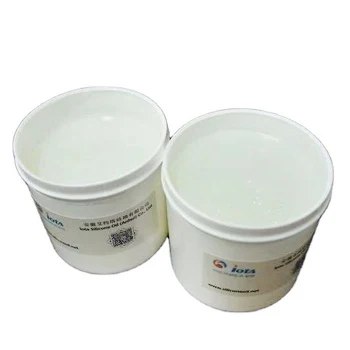
Introduction
Silicone sealants are versatile materials widely used in a variety of industries due to their unique properties. They are primarily used to bond and seal surfaces, preventing the passage of air, water, and other environmental elements. Their widespread use is a testament to their durability, flexibility, and resistance to extreme conditions. From homes to heavy industrial machinery, silicone sealants play a vital role in ensuring safety, performance, and longevity.
Properties of Silicone Sealants
Silicone sealants are distinguished by a series of remarkable properties that make them suitable for demanding applications:
-
High-Temperature Resistance: Silicone sealants can withstand extreme temperatures, often ranging from -60°C to 250°C, without losing their elasticity or adhesive properties.
-
UV Resistance: Unlike many other sealants, silicone maintains its stability and performance even when exposed to UV light, making it perfect for outdoor applications.
-
Flexibility: Silicone sealants remain highly elastic, which allows them to accommodate movement and thermal expansion in materials without cracking or losing their sealing capability.
-
Water Resistance: One of the most significant advantages of silicone sealants is their ability to resist moisture and prevent water penetration, making them ideal for use in wet environments like bathrooms and kitchens.
-
Durability: Silicone sealants have excellent resistance to weathering, aging, and chemical degradation, allowing them to provide long-lasting protection.
Applications of Silicone Sealants
Silicone sealants are used in a wide range of industries, including construction, automotive, electronics, and household appliances:
-
Construction: In the construction industry, silicone sealants are used for window glazing, expansion joints, and sealing gaps between various materials. They are valued for their ability to maintain their integrity in outdoor environments exposed to rain, wind, and varying temperatures.
-
Automotive: In the automotive sector, silicone sealants are crucial for sealing windows, headlights, and engine parts, offering resistance to high temperatures, vibration, and moisture.
-
Electronics: Silicone sealants protect electronic components from moisture, dust, and chemical exposure, preventing potential damage to circuits and devices.
-
Appliances: From refrigerators to ovens, silicone sealants are used to seal gaps in home appliances, ensuring energy efficiency and preventing leaks.
Conclusion
Silicone sealants offer a versatile, reliable solution for a wide range of sealing and bonding needs. Their ability to withstand extreme temperatures, resist moisture, and maintain flexibility makes them indispensable in industries like construction, automotive, electronics, and appliances. As technology advances and new materials are developed, the future applications of silicone sealants will continue to expand, offering even greater possibilities for innovation.
Disclaimer
The content provided here is sourced from the internet, public platforms, and other publicly available channels. We maintain a neutral stance on the opinions expressed within. This article is for reference and exchange purposes only. The copyright of any reproduced content belongs to the original authors and institutions. If there are any infringements, please contact us for removal.
To learn more, click here https://www.siliconeresin.net/
